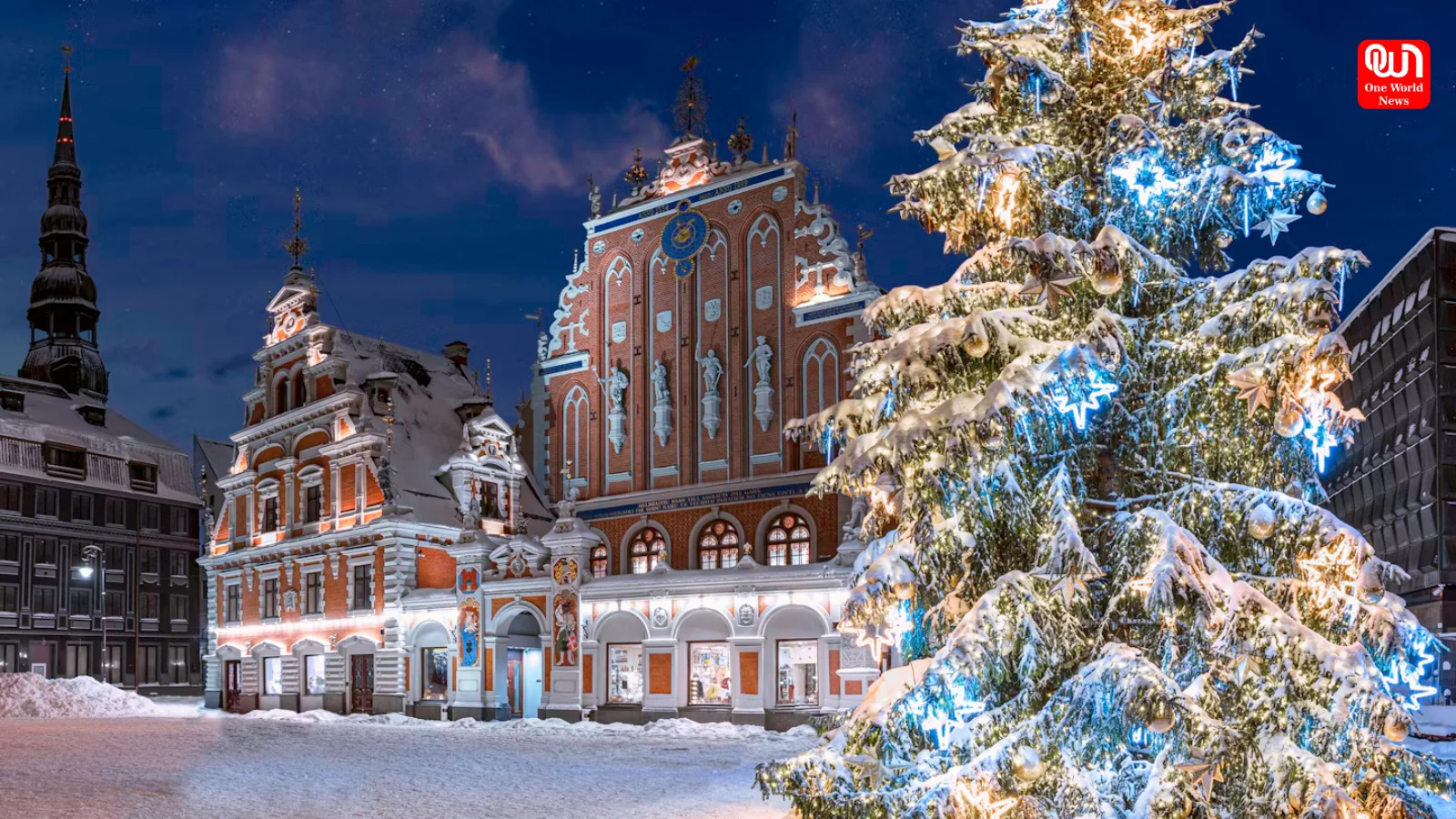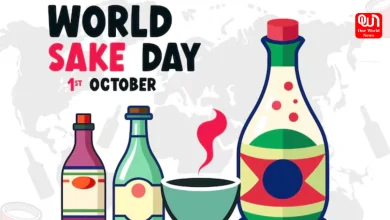8 Unique Christmas Traditions from Around the World That You Need to Know About
Discover unique Christmas traditions from around the world, including celebrations in Mexico, Japan, Iceland, and more, that make the holiday season special.
8 Fascinating Christmas Traditions From Around the World That Add Unique Charm to the Holiday Season
Christmas is celebrated with a lot of joy all over the world, and each country has its own unique traditions. While many Christmas practices are shared, such as decorating trees and exchanging gifts, others are distinctly local, rooted in cultural beliefs, history, and regional customs. Here’s a look at eight fascinating Christmas traditions from around the world that make the holiday season even more magical.
1. La Posada – Mexico
In Mexico, Christmas celebrations often start with Las Posadas, a nine-day reenactment of Mary and Joseph’s search for shelter in Bethlehem. It is celebrated from December 16th to December 24th. Families and communities come together to reenact the journey, with one group acting as Mary and Joseph, while others play the role of innkeepers. The participants travel from house to house, singing traditional carols and asking for shelter. At each stop, they are rejected until ultimately invited to enter a house with a celebration of food, piñatas, and fireworks.
2. KFC Christmas Dinner – Japan
Christmas is not popularly observed in Japan, but its tradition to eat Kentucky Fried Chicken for Christmas Day has found its popularity. This actually started as a marketing success in the 1970s with KFC who introduced the idea of having fried chicken for Christmas dinner. And now, buckets of Kentucky Fried Chicken ordered by many families before Christmas become part of the family’s awaited Christmas feast in Japan.
3. Yule Lads – Iceland
The Christmas season in Iceland is filled with magical folklore, including the famous Yule Lads. These mischievous characters, who are the sons of the ogress Grýla, come down from the mountains in the 13 days leading up to Christmas. Each Yule Lad has a unique personality and behavior, such as stealing food, licking spoons, or playing pranks. Kids let their shoes out on the sill, and the Yule Lads leave small presents or candy. This adds a level of fun and excitement to the Icelandic children during this festive season.
read more: The Transformative Power of Spirituality: A Guide to Taking Charge of Your Wellbeing
4. The Feast of the Seven Fishes – Italy
For many Italians, Christmas Eve is a time for family gatherings centered around food, particularly the Feast of the Seven Fishes. This tradition, originating from Southern Italy, involves preparing a variety of seafood dishes, often with seven different types of fish. The number seven has religious significance in Christianity, symbolizing perfection and the seven sacraments. It is commonly served as a full, lengthy banquet and eaten before attending Midnight Mass. It marks an occasion by which the Dutch enjoy their holidays with the warmth of food culture.
5. Sinterklaas – Netherlands
In Holland, the Christmas festivities commence on the eve of 5th December known as Sinterklaasavond which is actually celebrated much like Christmas. Sinterklaas is attired in a bishop’s robe and arrives from Spain aboard a steamboat with his helpers, known as Zwarte Piet (Black Peter). On the evening of December 5th, children put out their shoes, and Sinterklaas fills them with gifts, candy, and chocolates if they have been good. This tradition is marked with festive meals and is the precursor to Christmas, when the religious aspects of the holiday are observed.
6. Christkind – Germany and Austria
Christmas is traditionally celebrated in Germany and Austria by the story of the Christkind, which is a gift-bringer said to deliver presents on Christmas Eve, similar to Santa Claus. The Christkind is often depicted as an angelic figure, with blond hair and wings. The Christmas markets in these countries are known for their festive atmosphere, selling handcrafted decorations, food, and sweets, especially the famous German gingerbread cookies. Many families also celebrate by singing carols, lighting Advent candles, and enjoying hearty holiday meals.
7. Boxing Day – United Kingdom, Canada, and Australia
Traditionally, Boxing Day was marked when the rich in many of Britain’s former colonies – including today’s United Kingdom, Canada and Australia – distributed gifts and money in boxes to the servants and poor. On the second day of Christmas, Boxing Day is being marked by sales, sporting events and quality time spent with family across many places around the world. In the UK, Boxing Day is synonymous with major sporting events like football and horse racing. It’s a day to recover after all the activities that mark Christmas.
8. Christmas Witch – Italy
The Italian regions of Lazio and Calabria mark this day by awaiting La Befana, the kind old witch who visits children on January 5th, which is eve to Epiphany. According to folk beliefs, La Befana was invited by the Three Wise Men to join them on their journey to Bethlehem to see the newborn Jesus but declined. Later in life, she regretted her decision and delivers gifts to children hoping to find the Christ child. La Befana is a much-loved figure, often portrayed as an old woman riding a broomstick, and children eagerly await her visit, leaving stockings for her to fill with sweets and small toys.
read more: Curry Leaves and Weight Loss: How to Use Them Effectively
Conclusion
From the sweet melodies of Las Posadas in Mexico to the thrilling arrival of La Befana in Italy, Christmas traditions around the world are as diverse as the cultures that celebrate them. Such unique customs reflect the rich history and deep-rooted values of each country, adding to the global tapestry of holiday joy. Whether it’s through food, folklore, or festive gatherings, Christmas traditions bring communities together, making the holiday season even more special.
We’re now on WhatsApp. Click to join.
Like this post?
Register at One World News to never miss out on videos, celeb interviews, and best reads.









